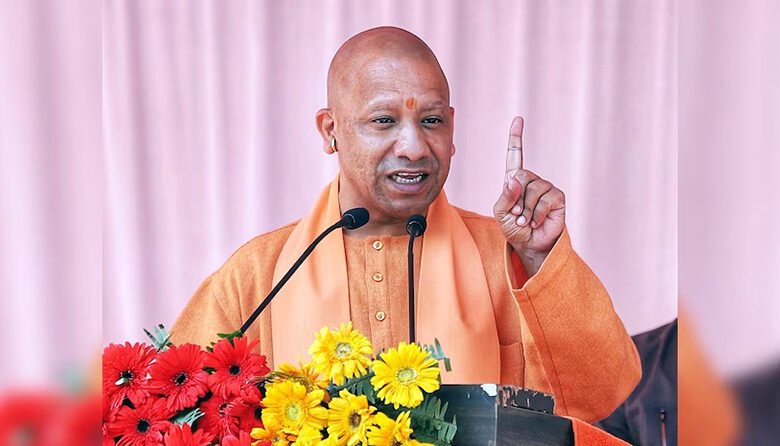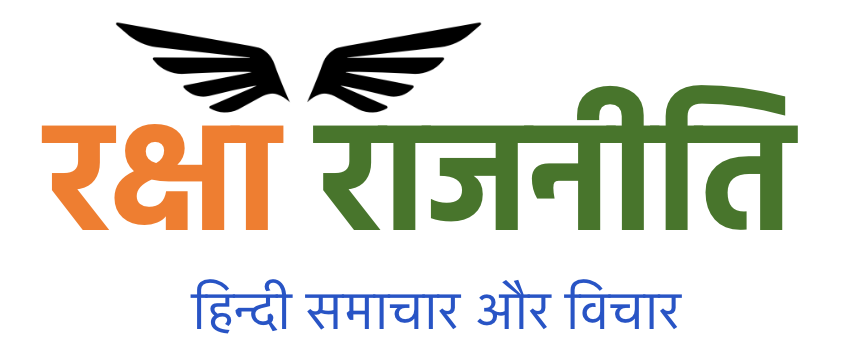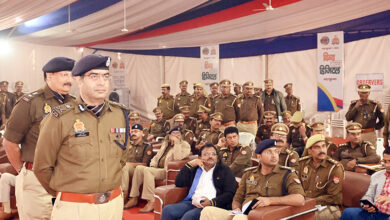
- Other tasks will be assigned to the officers under special circumstances with govt’s approval
- Sub-Divisional Magistrates and Tehsildars have been instructed to review crop-cutting experiments
Raksha-Rajneeti Network
Lucknow : In preparation for the upcoming Kharif crop harvest, the Yogi government has issued clear guidelines to all District Magistrates, instructing that Revenue personnel should not be assigned to non-harvest-related duties during this period. Exceptions are allowed only under special circumstances, and a valid reason must be provided, the order says.
Additionally, Sub-Divisional Magistrates and Tehsildars have been directed to oversee the implementation of crop-cutting experiments.
According to the instructions, 15 percent of Agriculture and Revenue Department officers in each district should be nominated for compulsory inspection.
Furthermore, 30 per cent of the crop-cutting experiments are to be observed by representatives from empaneled insurance companies under the Pradhan Mantri Fasal Bima Yojana.
Finally, post-harvest yield weighing should only be approved after verifying the crop-cutting experiments on the designated portal.
In a recent presentation to Chief Secretary Manoj Kumar Singh, it was reported that, starting from Kharif 2022, 100 percent crop cutting is mandatory as per the Government of India’s guidelines through the CCE Agri App.
The crops covered under crop insurance include 10 Kharif crops—paddy, maize, bajra, jowar, urad, moong, sesame, peanuts, soybean, and arhar—and 8 Rabi crops—wheat, barley, gram, peas, lentils, mustard, linseed, and potato.
The Uttar Pradesh Revenue Board has issued instructions to ensure that crop-cutting is carried out using the CCE Agri App.
In Rabi season 2023-24, 86.09% of crop-cutting experiments were conducted using the CCE Agri App. At the same time, Rabi 2023-24 is applicable on the GCES App (Digital General Crop Estimation Survey ).
The crops covered under the GCES include 10 Kharif crops—paddy, maize, bajra, jowar, urad, moong, sesame, peanuts, soybean, and tur—and 8 Rabi crops—wheat, barley, gram, peas, lentils (masoor), mustard, linseed, and potatoes.
For Rabi 2023-24, a total of 13,388 crop-cutting experiments were planned, with 88% of them conducted through the GCES App. Similarly, 13,654 experiments have been planned for Kharif 2024.





